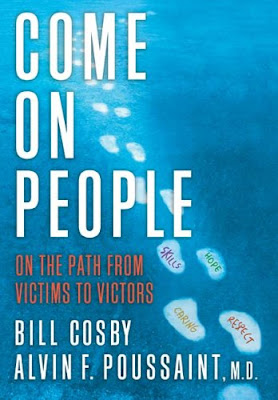

I made a brief cameo appearance in the Post ombudsman's column Sunday. Meanwhile, some much more articulate dude is answering questions about language on the New York Times site.






Oops -- it's getting late. Nov. 1 is the deadline to apply for a 2008 summer internship at The Washington Post. (The editors rejected me in 1982, but they've learned a thing or two since then.)
Executive Editor Leonard Downie Jr., a former intern himself, and three of this year's interns, including copy editor Ethan Robinson, answered questions about the program on Washingtonpost.com.

If consistency and "inevitability" are our guiding principles, then ballplayer means we must use baseballplayer, and cabdriver means we must use taxidriver and truckdriver. If we recognize that taxi driver and baseball player endure because readability matters, and that tap dancer endures just because it does, then we should let copy editors be copy editors and recognize copyeditor and copyediting as industry jargon. There are worse things than using industry jargon in an industry publication, of course, but by doing so we are missing a chance to lead by example.Later I came across an April 2007 entry from the Wall Street Journal's Style & Substance newsletter making a similar objection to waitlist and lifecycle. A stylist after my own heart wrote:
Lifestyle and cellphone became single words in our style only after serving many years as two words. Health care remains split. Let’s keep wait list and life cycle in a longer courtship before their wedding. A rule of thumb: If the term doesn’t appear as one word in Webster’s New World or the stylebook, use the two-word version, or hyphenation for adjectival usage: Wait-list game, life-cycle funds.After all that, I continue to marvel at how often people, even veteran copy editors, err in the other direction, leaving a space in compounds celebrating many years of wedded bliss. There are plenty of questionable and hard-to-remember onewordizations (cabdriver, highflier, hardworking, Sunbelt), but I'm talking the simple stuff. Repeat after me: